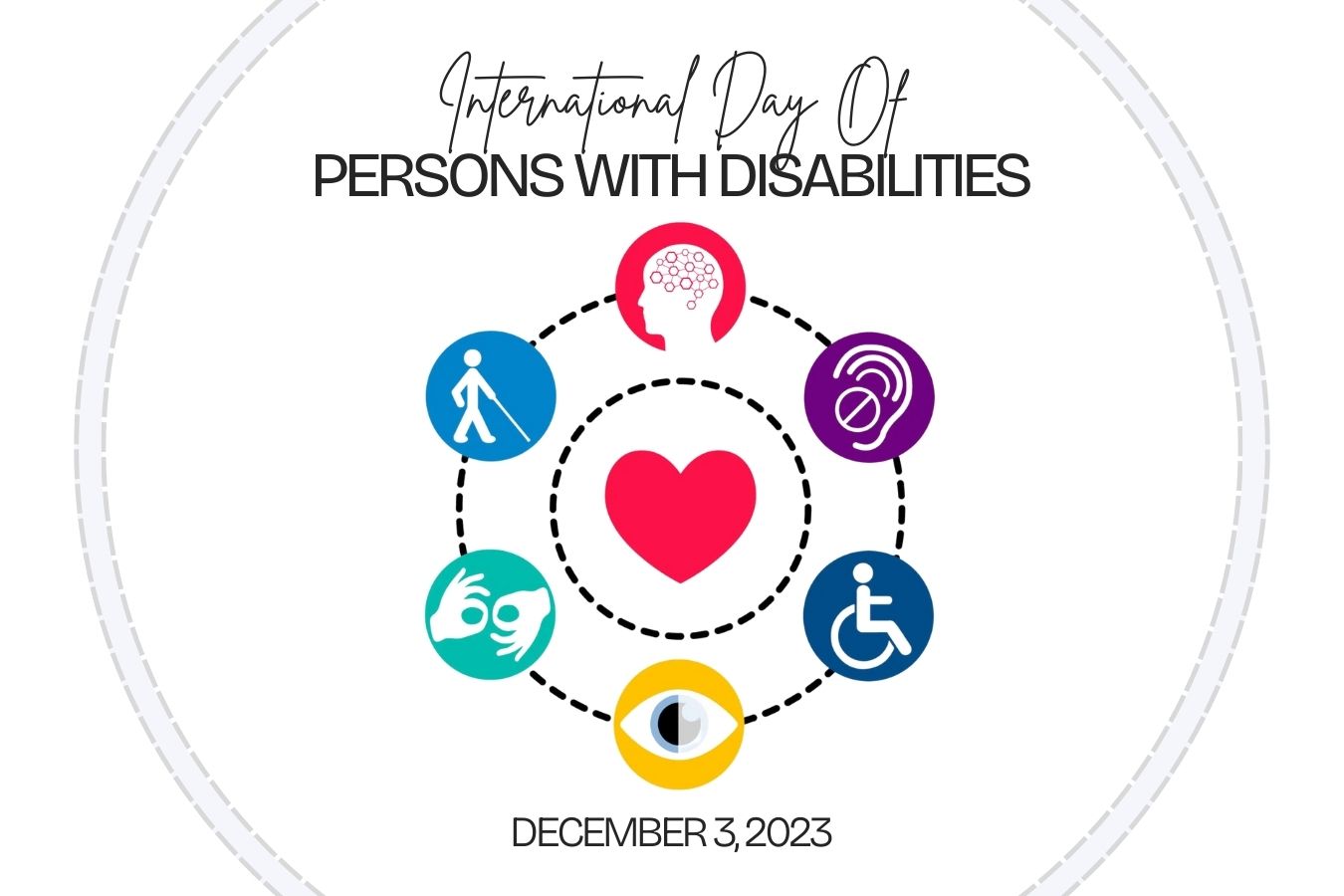
On December 3, the world commemorates the annual International Day of Persons with Disabilities.
Diverse Abilities (DA) formerly known as SKIP, is a Jamati program committed to providing families and individuals with disabilities with a variety of support and resources within our community.
DA provides support for individuals and their families with disabilities. Disabilities include but are not limited to mobility impairments, vision and/or hearing impairments, Cerebral Palsy, Down Syndrome, Fragile X Syndrome, or autism spectrum disorder. Barriers in society can hinder individuals with disabilities from participating fully in activities within their community.
Social interactions: Social support is essential, fostering a sense of belonging and care. It provides coping mechanisms with any setbacks, improves self-esteem and has been reported to decrease stress. DA provides social events through in-person events such as bowling, arts and crafts, picnics, Chai & Chats, Zumba classes, and more. These events create a profound sense of connection among members and their families, boosting confidence, offering mental and emotional support, and minimizing feelings of isolation. Ongoing connections within the DA community empower members and their families, strengthening social skills for improved well-being and an enhanced quality of life.
Advocacy and Awareness: DA actively advocates for equitable access to community spaces and programs both within and outside Jamatkhanas. This includes considerations like quiet rooms, wheelchair accessibility, accommodations, and modifications as needed. The program creates opportunities for individuals with disabilities to volunteer and participate within their capacity in activities.
Collaboration: DA extends its partnership to various boards and portfolios of the Jamati institutions to integrate the needs of DA members into their planning and programming. Past collaborations include with Aga Khan Youth and Sports Board for Kahoot game night, fundraising and participation in the World Partnership Walk, as well as with Ismaili Volunteers to fill roles in day-to-day ceremonies, exemplifying the commitment to inclusion.
Engagement & Support: To further reduce barriers for individuals with disabilities, DA would benefit from continuous engagement from the community and volunteers. We invite individuals to support at the local level, contributing in any capacity. To learn more about how you can support your community, please reach out to your local DA team through ACCESS.
If you are interested in joining the Diverse Abilities program in your region, please register here.
